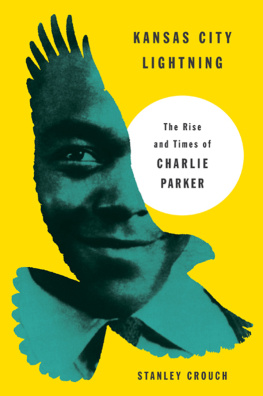Crouch - Considering genius: writings on jazz
Here you can read online Crouch - Considering genius: writings on jazz full text of the book (entire story) in english for free. Download pdf and epub, get meaning, cover and reviews about this ebook. City: United States, year: 2007;2011, publisher: Basic Civitas Books, genre: Art. Description of the work, (preface) as well as reviews are available. Best literature library LitArk.com created for fans of good reading and offers a wide selection of genres:
Romance novel
Science fiction
Adventure
Detective
Science
History
Home and family
Prose
Art
Politics
Computer
Non-fiction
Religion
Business
Children
Humor
Choose a favorite category and find really read worthwhile books. Enjoy immersion in the world of imagination, feel the emotions of the characters or learn something new for yourself, make an fascinating discovery.
Considering genius: writings on jazz: summary, description and annotation
We offer to read an annotation, description, summary or preface (depends on what the author of the book "Considering genius: writings on jazz" wrote himself). If you haven't found the necessary information about the book — write in the comments, we will try to find it.
A collection of Crouchs greatest works
Crouch: author's other books
Who wrote Considering genius: writings on jazz? Find out the surname, the name of the author of the book and a list of all author's works by series.
Considering genius: writings on jazz — read online for free the complete book (whole text) full work
Below is the text of the book, divided by pages. System saving the place of the last page read, allows you to conveniently read the book "Considering genius: writings on jazz" online for free, without having to search again every time where you left off. Put a bookmark, and you can go to the page where you finished reading at any time.
Font size:
Interval:
Bookmark:
Crouchs work not only reminds us of why he is one of the worlds most important living jazz critics, but also why jazz remains an elemental component of our cultural identity.
Ebony
This collection is rich in detail, broad in scope, and worthy of the music to which it is dedicated.
The New York Sun
This collection of his jazz writings is noisy, tedious, and brilliantall at the same time.
Buffalo News
Crouch has an ear for both music and languagethe slow and gooey low notes of a brood of pigeonsbut he deepens the thrill by telling the reader exactly what hed say in his own kitchen. This show of respect is breathtaking, and unsettling.... I react with wonder and appreciation at his frankness.... Considering Genius is cause for celebration. Crouch invites us to throw open the windows in our heads, open our ears and enter into a deeper musical citizenship.
The Plain Dealer
[Crouchs] assessments of Miles or Dizzy Gillespie, John Coltrane or Parker, or of the various other jazz legends dealt with in these pages, invariably come across as deeply felt and ardently argued.
The Weekly Standard
Crouch is at the top of his game as he balances the drive for innovation in each of his subjects with the larger ramifications of the work.... Crouch writes with equal measures of authority and verve.
The Miami Herald
W RITINGS ON J AZZ

Copyright 2006 by Stanley Crouch
Hardcover first published in 2006 by Basic Civitas Books
A Member of the Perseus Books Group
Paperback first published in 2007 by Basic Civitas Books
All rights reserved. Printed in the United States of America. No part of this book may be reproduced in any manner whatsoever without written permission except in the case of brief quotations embodied in critical articles and reviews. For information, address Basic Civitas Books, 387 Park Avenue South, New York, NY 10016-8810.
Books published by Basic Civitas are available at special discounts for bulk purchases in the United States by corporations, institutions, and other organizations. For more information, please contact the Special Markets Department at the Perseus Books Group, 11 Cambridge Center, Cambridge MA 02142, or call (617) 252-5298 or (800) 255-1514, or e-mail .
Designed by Brent Wilcox
The Library of Congress has catalogued the hardcover edition as follows:
Crouch, Stanley.
Considering genius : writings on jazz / Stanley Crouch.
p. cm.
ISBN-13: 978-0-465-01517-7 (alk. paper)
ISBN-10: 0-465-01517-4 (alk. paper)
eBook ISBN: 9780786733750
1. JazzHistory and criticism. I. Title.
ML3506.C75 2006
781.6509dc22
2006002225
Paperback: ISBN-13: 978-0-465-01512-2: ISBN-10: 0-465-01512-3
Joyce Alexander Wein, wife of jazz impresario George Wein, was laid to rest August 19, 2005, in New York. Born in 1928, Joyce Alexander was from the black middle class of Boston. She loved literature, knew much about painting, and was not a woman who made the mistake of thinking that refinement and soulfulness were opposed. Before and after she married her husband in 1959, Ms. Wein suffered neither the expected limitations nor the racism of her time in cooperative silence.
Joyce Alexander Wein, in every way, represented the best of jazz and the best of American womanhood because she took a back seat to no one. She sat in the front and brought as many people to the first row as she could whenever she could. That was her greatness, and that was what she stood for, because she believed much more in fairness than in favors. She was a model for our nation.
In the second week of March 2006, drummer Roy Haynes celebrated his eighty-first birthday with a six-night job at the Village Vanguard. Miraculously playing with the power and precision of a man forty years younger, he proved himself the elder living essence of jazz. One could hear every one of the very special people with whom he had played come dancing through his beat, his strokes, his use of the brushes and the mallets. There they were: Sidney Bechet, Louis Armstrong, Lester Young, Coleman Hawkins, Bud Powell, Charlie Parker, Miles Davis, Sarah Vaughan, Thelonious Monk, Sonny Rollins, Joe Henderson, Freddie Hubbard, Andrew Hill, and John Coltrane. In the on deck circle was his grandson, the remarkable nineteen-year-old Marcus Gilmore, who is ready to swing on those drums right now. There it is. The beat of joy goes on.
Jazz Me Blues
My interest in jazz began as a boy while growing up in my hometown of Los Angeles, where I was born in 1945. My mother had many old 78-RPM recordings of Louis Armstrong, Duke Ellington, and Fats Waller. It was in the middle fifties and the sound of jazz was rarely heard anywhere other than in the homes of record collectors and the clubs where musicians earned their livings in the underground world of the night life; for the most part, people listened to rhythm and blues. I did not become aware of jazz in its contemporary and popular style until high school, because Lou Donaldson was on the jukebox at Miss Harriss, where everyone went to buy hamburgers after Jefferson High School let out. The hamburgers were sold by a monstrously large woman who had a giant mole on her nose and probably could have balanced a glass of water on her backside with no difficulty. She took orders, served the burgers, and collected the money with such arrogance that the salt on the meat seemed an extension of her personality.
I believe Blues Walk and The Masquerade Is Over were often played by Bubble-Up, a track star, ladies man, and serious rumbler if the occasion called for it. Bubble-Up was one of those young men who always seemed to know what was happening and he could even pass for twenty-one when he wanted. This meant that he even mentioned, while smoking a Salem cigarette, that he and his boys had gone to Hollywood, where he saw Miles Daviss band and the band of John Coltrane, whom I had heard referred to by an older jazz fan as Johnny Coltrane.
Before I was out of high school I had started a jazz record club to which we would bring our recordings, listen to them, and discuss what we thought we were hearing. My homeroom teacher, who was also the choir director, sponsored the club and she would be there as we played our records and discussed them. She was a big-legged white woman with tobacco stains on her teeth and, for all of her sophistication, such terrible taste in clothes that she seemed always on the way to an audition for the part of an eccentric. I remember her mentioning the great recording of Black and Tan Fantasy that had just been made by Louis Armstrong and Duke Ellington, which she always played at the end of a semester of her music appreciation class. For that classs conclusion she borrowed CharlesMingus Presents Charles Mingus from me in order to discuss what she thought was the remarkable manner in which the bassist and drummer Dannie Richmond varied time and tempo on All The Things You Could Be by Now If Sigmund Freuds Wife Was Your Mother.
At that point I was not really a fan of Armstrong or Ellington, though I had become enamored of Ellingtons music through an album that my mother owned. It was In a Mellotone. I was taken most by the mutes and the power of Ben Webster, the satin lyricism of Johnny Hodges, and the deep feeling of Ivie Anderson.
My mother was quite a handsome woman who had inherited Indian blood from her mother by way of a Choctaw whom her great grandfather had married in Mississippi some time after jumping ship. He was, before taking his leave, working on a Portuguese vessel that took him into its employ during a visit to his native Madagascar. His ship was in America during the Battle of Vicksburg in 1863 and he later told his progeny that the first thing he heard was the sound of those big guns going off. Moms was proud of the fact that she was often mistaken for an Asian Indian and she loved Ivie Andersons singing, which she had often heard at the Elks Club on Central Avenue when the great Dukes band came to Los Angeles. But, alas, she dismissed Anderson as startlingly homely, no matter how good she sounded. Yes, she could be competitive with other women and contemptuous of those she considered less than attractive, a tendency that remained in place until the very end of her life.
Font size:
Interval:
Bookmark:
Similar books «Considering genius: writings on jazz»
Look at similar books to Considering genius: writings on jazz. We have selected literature similar in name and meaning in the hope of providing readers with more options to find new, interesting, not yet read works.
Discussion, reviews of the book Considering genius: writings on jazz and just readers' own opinions. Leave your comments, write what you think about the work, its meaning or the main characters. Specify what exactly you liked and what you didn't like, and why you think so.

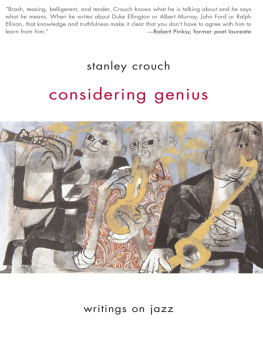
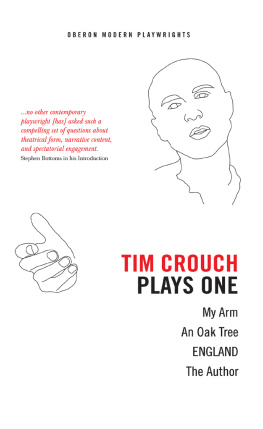
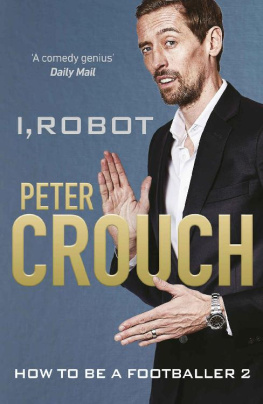
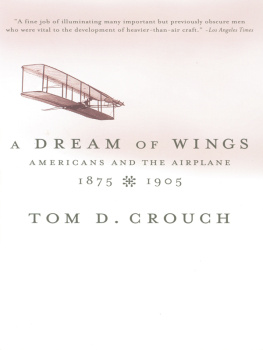
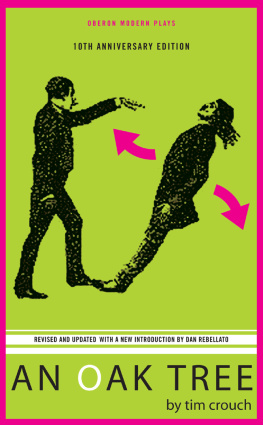

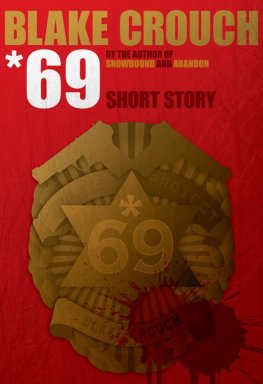
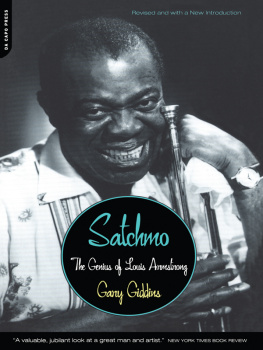
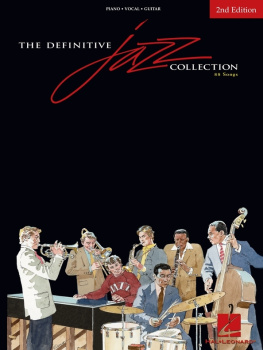

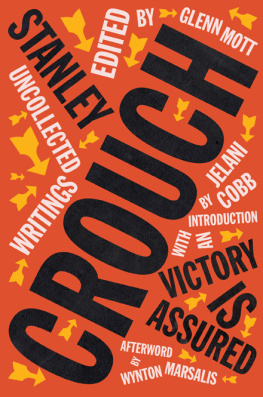
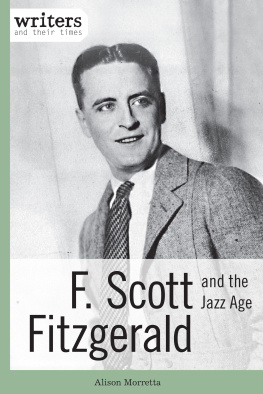
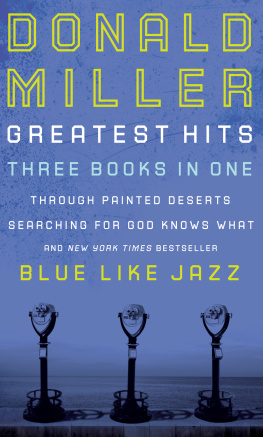
![Blake Crouch [Crouch - Summer Frost [Forward Collection]](/uploads/posts/book/140601/thumbs/blake-crouch-crouch-summer-frost-forward.jpg)
